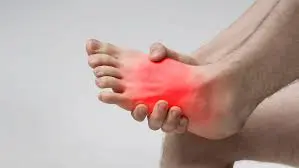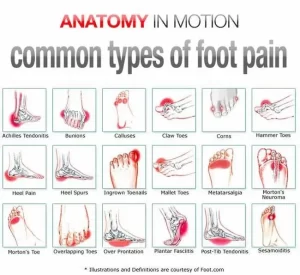5 Things You Need to Know About Zika
By Bradford Kindergan
For the first time in the Western Hemisphere, earlier this year researchers detected the Zika virus in Aedes albopictus, the mosquito species known as the “Asian tiger,” a finding that increases the number of U.S. states potentially at risk for transmission of the disease.
“Americans are right to be worried,” says Mosquito Authority founder Joey Osborne. “But it’s important to remember that as with any mosquito-borne disease we can all take certain actions to reduce our risk.”
So, what do Americans need to know about Zika? Here are 5 key facts:
- ZIKA is smart. The first case of the virus to be reported in the United States was sexually-transmitted, confirming it can be passed from person to person via sexual activity. The majority of cases have been contracted by travelers to Zika-affected areas who were bitten by a mosquito with the virus. “But unfortunately, there is a lot that is unknown about Zika,” says Osborne. “For example, it still isn’t clear how many types of mosquitoes carry it or what kinds of complications it can cause. A primary concern is its confirmed connection to newborns with microcephaly, a birth defect that causes abnormally-small heads and brains.”
- Women who are pregnant or plan to become pregnant should be extra careful. Because of its link to microcephaly, pregnant women have been advised by the Centers for Disease Control not to travel to Zika-affected areas. Because the virus can be sexually-transmitted, men who have traveled to areas where Zika is prevalent should use condoms or abstain from sex. Women in Brazil have been advised not to get pregnant, if possible.
- Travel can be dangerous. Mexico, Central America, the Caribbean Islands and much of South America have been identified as Zika-affected areas. Pregnant women have been advised not to travel to these areas at all. Other people traveling to these areas should take great care to prevent mosquito bites.
- There is no treatment or cure. Prevention is key. “Remember: Drain, Dress, Defend,” advises Osborne. “Remove standing water, wear long sleeves and long pants, and use repellent.”
- It’s not the only threat… Mosquitoes transmit many other diseases that impact the United States directly. West Nile, Eastern Equine Encephalitis and Dengue are just a few examples of diseases that cause permanent disabilities, and even death, right here in our own backyards each and every year.
“Mosquito Authority has set up an informational Web site dedicated to raising awareness about Zika and passing along all the most important information about the virus as new developments arise,” Osborne says.
For current information about Zika visit StopZika.org.
For information regarding mosquito control and The Mosquito Authority call your local Mosquito Authority
office at 800-709-1190.


